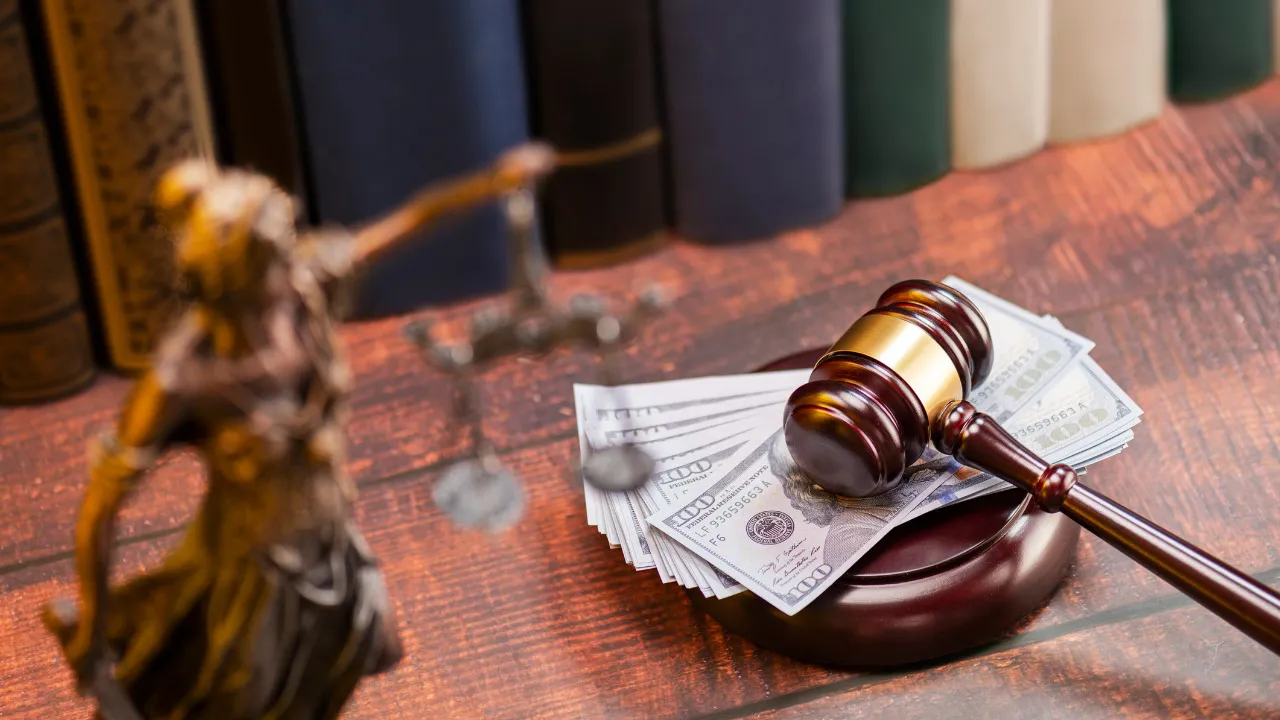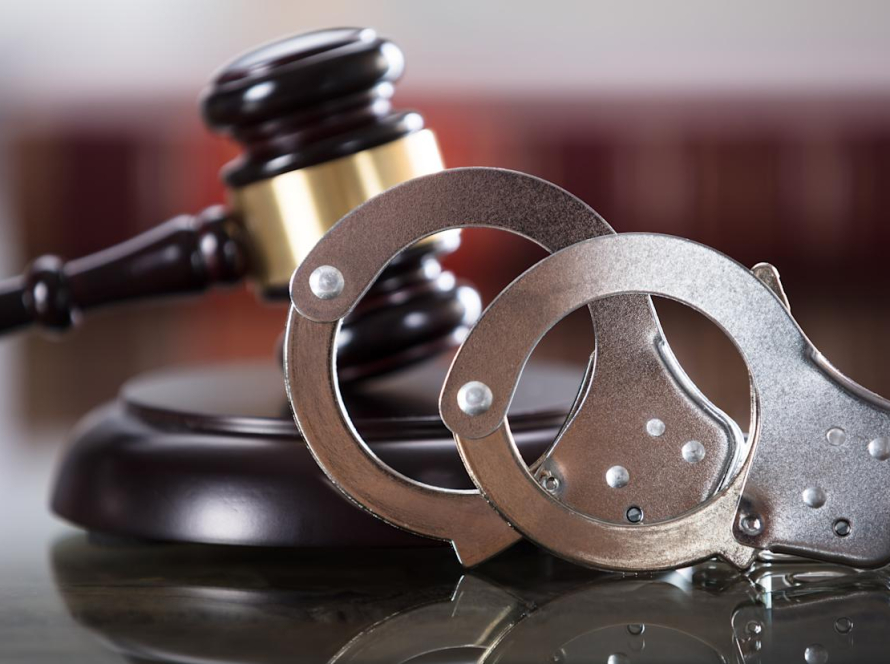Material and moral damages are important lawsuits that aim to legally compensate the damages suffered by a person. While pecuniary compensation is the payment requested to compensate for tangible damages, non-pecuniary compensation can be defined as the payment made to compensate for the mental and emotional harm caused to the person. Such lawsuits are particularly common in cases such as traffic accidents, work accidents, torts, breaches of contract and violations of personal rights. In a large and dynamic city like Istanbul, material and moral damages cases are quite common.
What is Material Compensation?
Monetary compensation is a payment requested to compensate for concrete damages suffered by a person. These damages are generally economic losses and are reductions in a person’s assets or income. Lawsuits for pecuniary damages are filed in order to compensate the economic loss of the injured person.
Damages Covered by Material Damages
-
Treatment expenses: Treatment expenses incurred as a result of a traffic accident, work accident or other damage.
-
Loss of earning capacity: Being unable to work due to an accident results in loss of earning capacity and should be compensated.
-
Permanent disabilities When permanent disabilities occur as a result of a work accident, traffic accident or illness, a claim for compensation can be made.
-
Material loss A reduction or loss in the property of the injured person.
Monetary compensation is usually a payment intended to compensate the injured person for his or her losses, and such cases can be determined by concrete data.
What is Moral Damages?
Moral compensation is a payment requested to compensate for the mental, psychological or emotional damage suffered by a person. Moral damages are usually awarded in cases related to violations of personal rights, violence, insult, defamation and slander. While material damages can be measured concretely, compensation for these damages requires a more abstract assessment, as moral damages involve emotional and spiritual effects.
Situations Covered by Moral Compensation
-
Defamation and slander: Insulting or slandering a person in a way that harms their honor and dignity.
-
Violence and threats: Situations such as physical violence or threats.
-
Domestic violence: Psychological, emotional or physical violence within the family.
-
Violation of personal rights: Interference with a person’s private life or violation of their privacy.
In cases of moral damages, the court assesses the mental and psychological losses suffered by the injured person and determines the amount.
Conditions for Material and Moral Compensation Lawsuits
In order to file a lawsuit for material and moral damages, certain conditions must be met. These conditions constitute the legal basis for the acceptance of the lawsuit.
Existence of Loss
In order to bring a claim, there must first be damage. Material damages relate to economic losses and can be proven in a concrete way. Moral damages arise from violations of personal rights and are usually proven through psychological reports and witness statements.
Determination of Liability
In cases of pecuniary and non-pecuniary damages, it should be determined who caused the damage and to whom the responsibility belongs. For example, in the case of a traffic accident, the at-fault party must be identified, and in the case of an occupational accident, the responsibility of the employer must be established.
Victimization as a Result of Damage
The victimization of the person who has suffered damage must be demonstrated in a concrete manner. Especially in cases of non-pecuniary damages, it must be proven how much the victim has been emotionally and psychologically affected.
Tracking Legal Periods
The statute of limitations for material and moral damages should be observed. In Turkey, the statute of limitations is 10 years for material damages and 2 years for moral damages. Missing the deadlines may result in the case being dismissed.
Relevant Documents in Material and Moral Compensation Lawsuits
Before filing a lawsuit for compensation, certain documents are required to prove damages and victimization. Here are some of the documents required for a lawsuit for pecuniary and non-pecuniary damages:
-
Treatment reports (for physical damages)
-
Psychological reports (for moral damages)
-
Photographs and other visual documents
-
Witness statements
-
Insurance documents
-
Accident reports (traffic accidents etc.)
-
Employment contract and work accident documents
These documents help to conclude the case quickly and soundly.
How Does the Compensation Lawsuit Process Work?
Compensation cases are assessed by the court on the basis of the evidence presented by both parties. The process works as follows:
-
Lawsuit Application: The plaintiff submits the statement of claim to the magistrate court.
-
Presentation of Evidence: Both parties present their evidence to the court.
-
Court Assessment: The court decides on the facts and evidence of the case.
-
Determination of the Amount of Compensation: The court determines the amount of compensation taking into account the damages.
-
Judgment and Enforcement Proceedings: After the court decision is made, compensation is paid through insurance or other payment channels. If the payment is not made, collection can be made through execution.
Contact Us
In cases of material and moral damages, it is of great importance that the legal process is carried out correctly. We are at your side with expert compensation lawyers in Istanbul to resolve your victimization in the best way possible. You can secure your right to compensation by seeking legal assistance.




